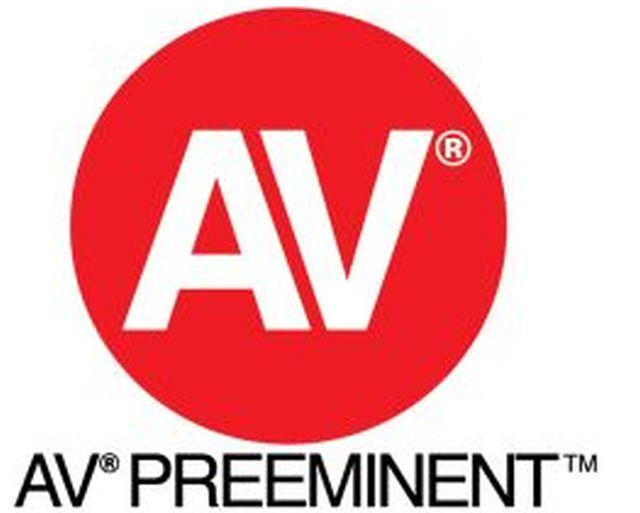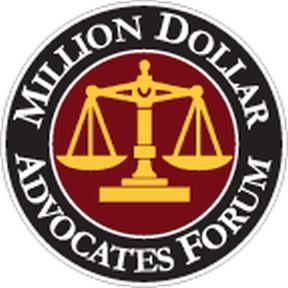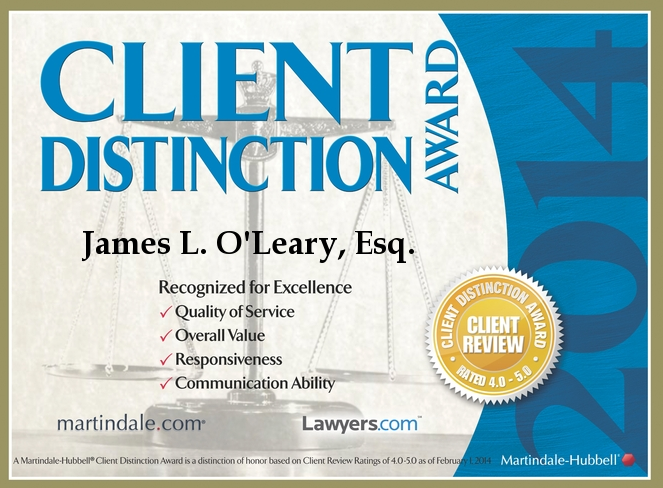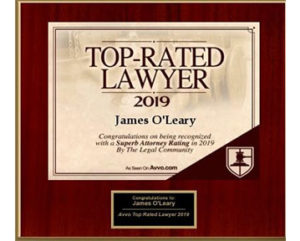The general rule in Florida has been that a witness qualified as an “expert” because he or she has certain knowledge, skill, experience, training, or education may testify in the form of an opinion as to facts at issue in a case. The trial court judges have always served, and always will, as the judge of whether such evidence may come before a jury. However, now effective July 1, 2013, the Florida Legislature has amended the Florida Evidence Code to adopt a stricter standard for the admissibility of this type of expert testimony.
The amended laws are as follows:
FLORIDA STATUTE 90.702 Testimony by experts:
If scientific, technical, or other specialized knowledge will assist the trier of fact in understanding the evidence or in determining a fact in issue, a witness qualified as an expert by knowledge, skill, experience, training, or education may testify about it in the form of an opinion or otherwise, if:
(1) The testimony is based upon sufficient facts or data;
(2) The testimony is the product of reliable principles and methods; and
(3) The witness has applied the principles and methods reliably to the facts of the case.
FLORIDA STATUTE 90.704 Basis of opinion testimony by experts:
The facts or data upon which an expert bases an opinion or inference may be those perceived by, or made known to, the expert at or before the trial. If the facts or data are of a type reasonably relied upon by experts in the subject to support the opinion expressed, the facts or data need not be admissible in evidence. Facts or data that are otherwise inadmissible may not be disclosed to the jury by the proponent of the opinion or inference unless the court determines that their probative value in assisting the jury to evaluate the expert’s opinion substantially outweighs their prejudicial effect.
Analysis of the new law
All lawyers, as officers of the Court, and all Judges, as the guardians of our Court system, are sworn to uphold the U.S. Constitution and the laws of the land. Our ethical duty is first and foremost to the system of justice that we serve. This highest ideal is part of the public trust of serving in the justice system. Therefore, even before this law was enacted, a fundamental purpose of judgments is that they be based on reliable evidence. A system like ours that requires strict standards of what type of evidence can come before the trier of fact (the judge or jury) and comprise the basis of a judgment is what gives us integrity in our justice system, whether a civil or criminal trial. In this regard, the new law creates a new form of government regulation, by the Legislature, where Florida’s trial court judges were already performing and serving the public interest. Jurors have always been, and will continue to be, the ultimate decision makers as to which side’s expert or experts opinion makes the most sense and is the most credible and reliable.
Challenges to expert opinions, known as Daubert Challenges, are based off the U.S. Supreme Court’s decision in Daubert vs. Merrill Dow Pharmaceuticals, Inc. This will most likely encourage a new layer of pre-trial litigation that will add lengthy hearings to the court’s docket over detailed factual underpinnings of cases, research data, and degrees of expertise or reliability of underlying literature that forms the basis of an expert’s opinion. These types of challenges are always available when challenging an expert witness on the stand in trial which is the crucible of a jury trial.
The new law will create a new layer of litigation over whether such evidence meets this standard of admissibility. Junk science cuts both ways and can be used by plaintiff or defendant. We have seen in certain types of cases, for example brachial plexus injury cases caused by improper physician management of shoulder dystocia (a known complication of vaginal delivery), powerful interests can create their own bodies of literature creating new standards in an attempt to avoid liability.
True scientists are completely open to new research that may challenge what was previously thought to be established fact. This ongoing search for the truth is also a fundamental principle of the justice system. In this regard, lawyers, judges, and scientists are all seeking to base their conclusions and judgments on credible and reliable data (evidence). We should be open to competing claims about reality but place any such claims under the brightest light of analysis, reason and testing. While it is hopeful that this new standard will further strengthen the integrity of our government’s final judicial adjudications, it must not come at the cost of prohibiting a party from from presenting to a jury qualified and reasonable expert opinion based on the underlying evidence in the case that will assist the trier of fact in reaching an informed and intelligent decision.
It has been said that the jury is the “conscience of the community.” Conscience is defined as “1. the inner sense of what is right or wrong in one’s conduct or motives, impelling one toward right action: to follow the dictates of conscience. 2. the complex of ethical and moral principles that controls or inhibits the actions or thoughts of an individual.”) See, Dictionary.com
Our trial court and appellate judges, in interpreting this new law, must keep this principle in mind and preserve our constitutional right to trial by jury.
Here is a copy of the actual Florida House of Representatives Bill, HB 7015, that Florida Governor Rick Scott signed into law:




